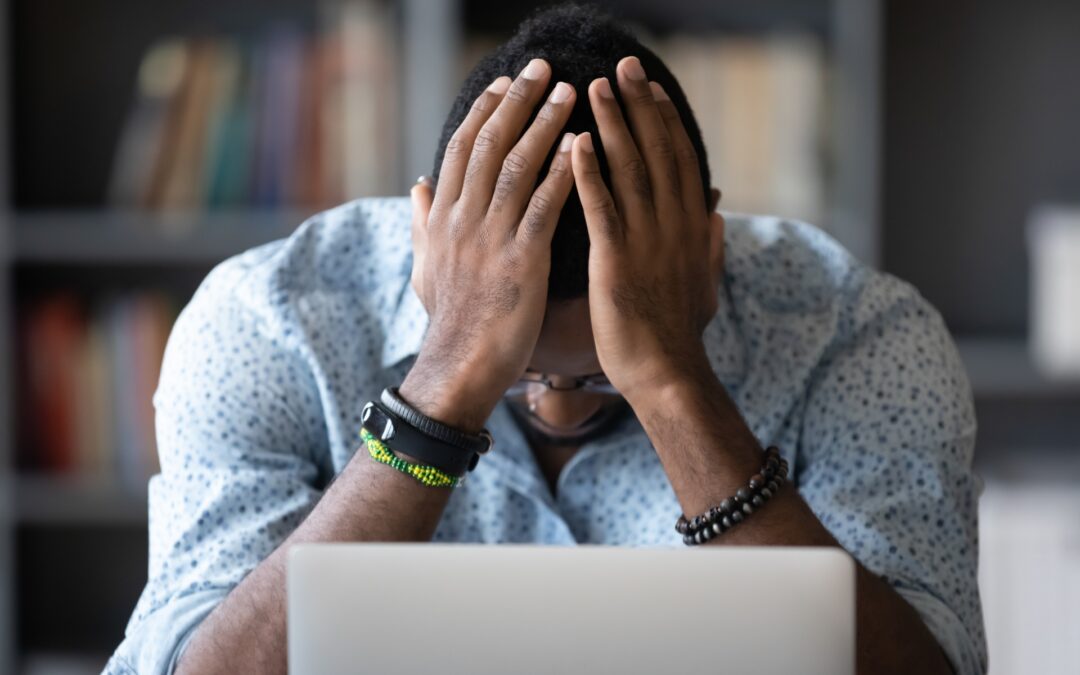June is Men’s Mental Health Month—a month to put the spotlight not just on the physical, but also the emotional and psychological well-being of men everywhere. But behind the radar of gym routines and annual check-ups is a silent crisis: men’s mental health issues go unsaid, unheard, and untreated. As someone who has witnessed friends, brothers, and even myself grapple with these wars unseen, I believe it’s high time we talk about why men should be allowed to break down in safe spaces, just like everyone else.
The Hidden Cost of Stoicism
Most men have been taught since they were children to “toughen up,” to swallow tears, and to don armor emotionally as a symbol of strength. The world extols stoicism and self-reliance, but this old playbook is expensive. Men are nearly three times more likely to commit suicide than women, and fewer than half of men with mental health problems ever receive the help that they need. In secret, thousands of men suffer depression, worry, and loneliness, ostracized by the very society that encourages them to keep their heads down.
Why Safe Spaces Matter
Imagine carrying a weight around each day but being told you’re weak if you reach out for help. That’s life for many men. Safe spaces—whether in the form of support groups, counseling, or even a good friend—afford a judgment-free zone where men can finally let down their defenses and be honest about their battles. Research shows that men who have at least one positive emotional outlet are less lonely and more likely to seek help when needed.
What Constitutes a “Safe” Space?
Active Listening and Compassion: Sometimes, the most effective thing you can do is listen. No problem-solving, no judging—merely hearing someone out may be the solution.
Validation: Telling a man, “It’s okay to feel this way,” or “I understand why you’re hurting,” can be a lifeline.
Community: Whether it’s a men’s group, an online forum, or a circle of friends, knowing you’re not alone is transformative.
Breaking the Stigma: Real Strength in Vulnerability
It’s high time to disprove the myth that vulnerability is a sign of weakness. Quite on the contrary, being vulnerable about hurting and taking support for it is one of the bravest things one man can do. By expressing emotions, men not only defuse internal tensions but also form stronger connections with friends, partners, and family members. Emotional expression has been linked to personal growth, strength, and even physical health improvement.
The Stigma Still Lingers
Even as the conversation about mental illness becomes more mainstream, most men remain fearful of judgment or dismissal. Gender norms and cultural expectations might lead men to think their emotions are shameful or unacceptable. But every time a man speaks about his struggles, he erodes that stigma for himself and for others.
How to Encourage Emotional Expression
If you’re a guy reading this, or you love someone who is, here are some steps to achieve emotional well-being:
Normalize Conversations: Openly discuss mental health within your social circles. The more we discuss it, the less stigmatized it becomes.
Seek Out Support: Engage with a men’s support group, talk to a therapist, or talk to a close friend. There are more tools than ever created specifically for men’s use.
Lead by Example: If you’re comfortable, share your own experiences. Vulnerability is contagious—it gives others permission to do the same.
Practice Active Listening: When a man opens up, listen without judgment or interruption. Your support could be the turning point he needs.
Resources for Men’s Mental Health
Support Groups: Organizations like MenSpeak, Man Down, and the Men’s Sheds Association provide safe, supportive environments for men to share and heal.
Online Communities: Websites like Visible Man, Black Men Heal, and Facebook groups offer online communities of support and connection.
Professional Help: Therapy is not an emergency-only activity. Regular meetings with a mental health counselor can be a preventative strategy for staying well.
The Power of Connection
At the heart of each safe space is a sense of belonging. When men realize they’re being witnessed, heard, and understood, they’ll be more likely to come out and seek assistance. This feeling of belonging isn’t just improving mental health—it’s saving lives.
Let’s Change the Narrative
Men’s Mental Health Month is not a campaign of awareness—it’s a call to action. Let’s redefine what makes us strong. Let’s create a culture where men can feel and openly express the full spectrum of emotions, where seeking help is something to be celebrated, and where space to shatter safely is not a luxury, but a necessity.
If you are hurting, remember this: you are not alone. There is no shame in seeking help. In fact, seeking help is the beginning of healing—not only for you, but for all the men who will come after you.
Let’s break down the stigma this June, and every June to follow. Let’s make sanctuary. Because men can be whole—messy, emotional, and terribly human.

